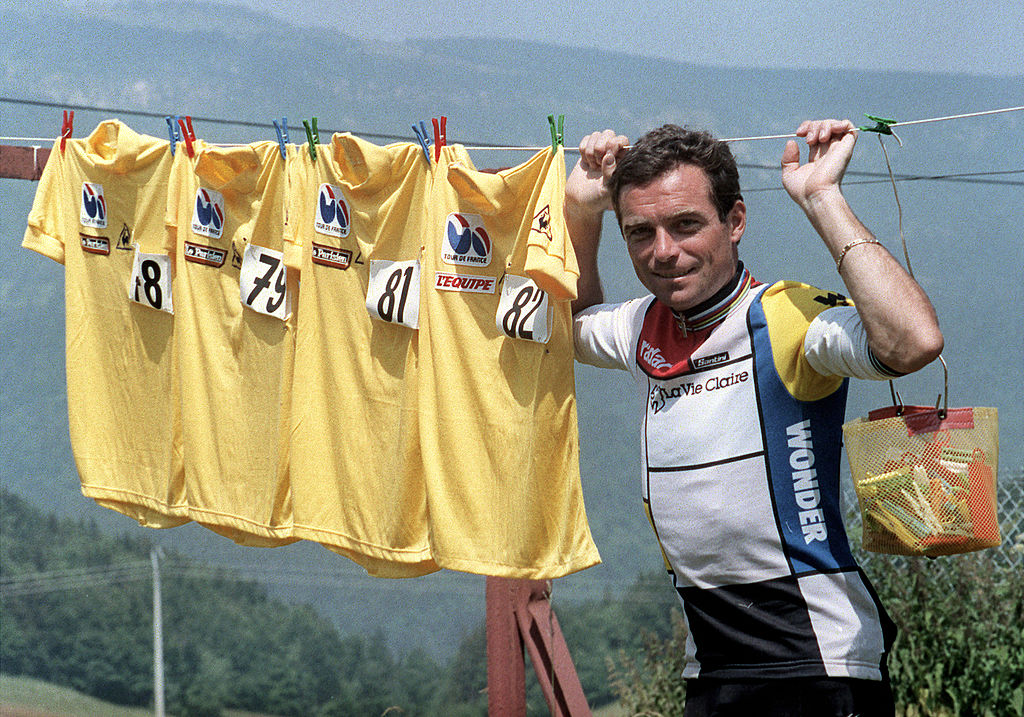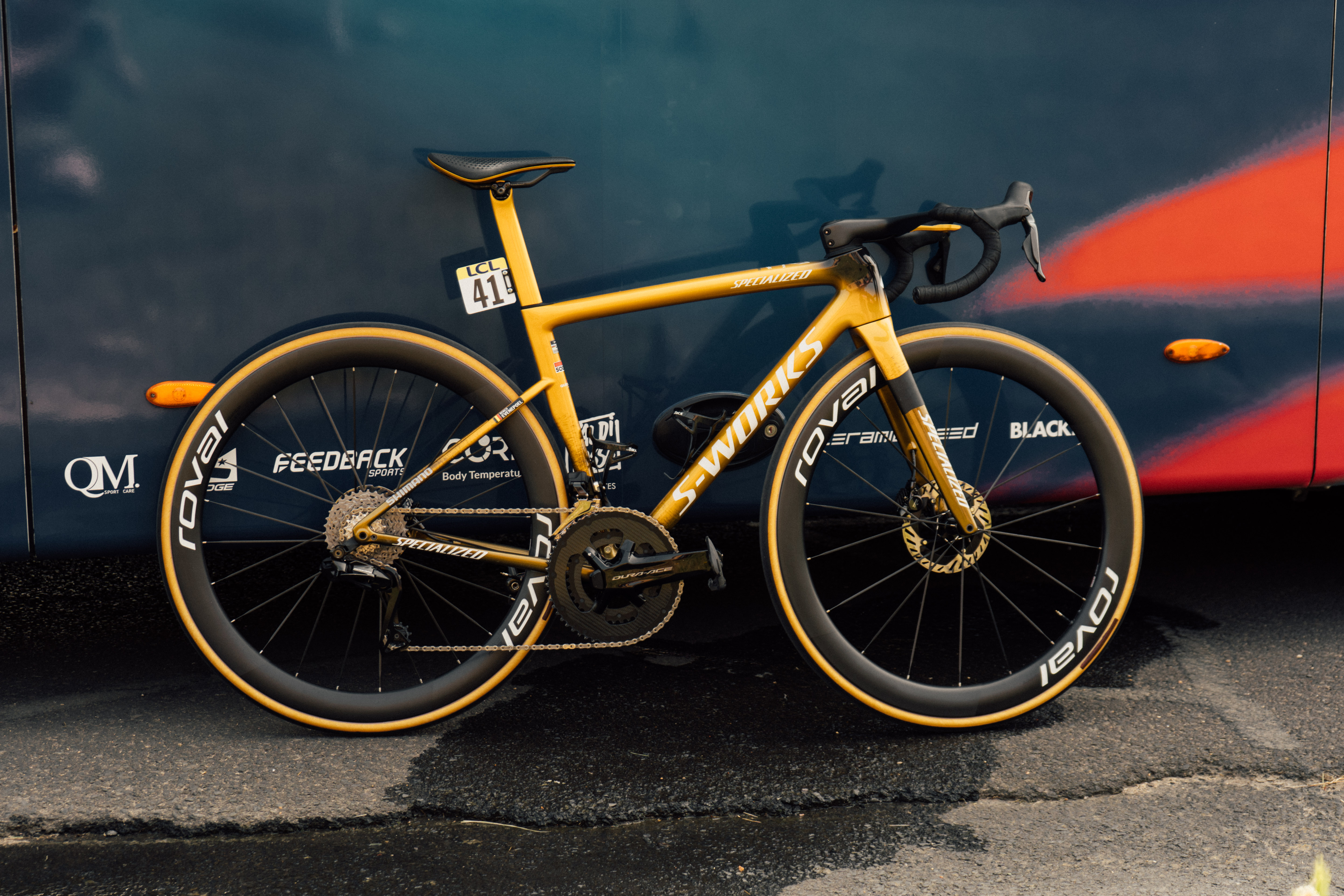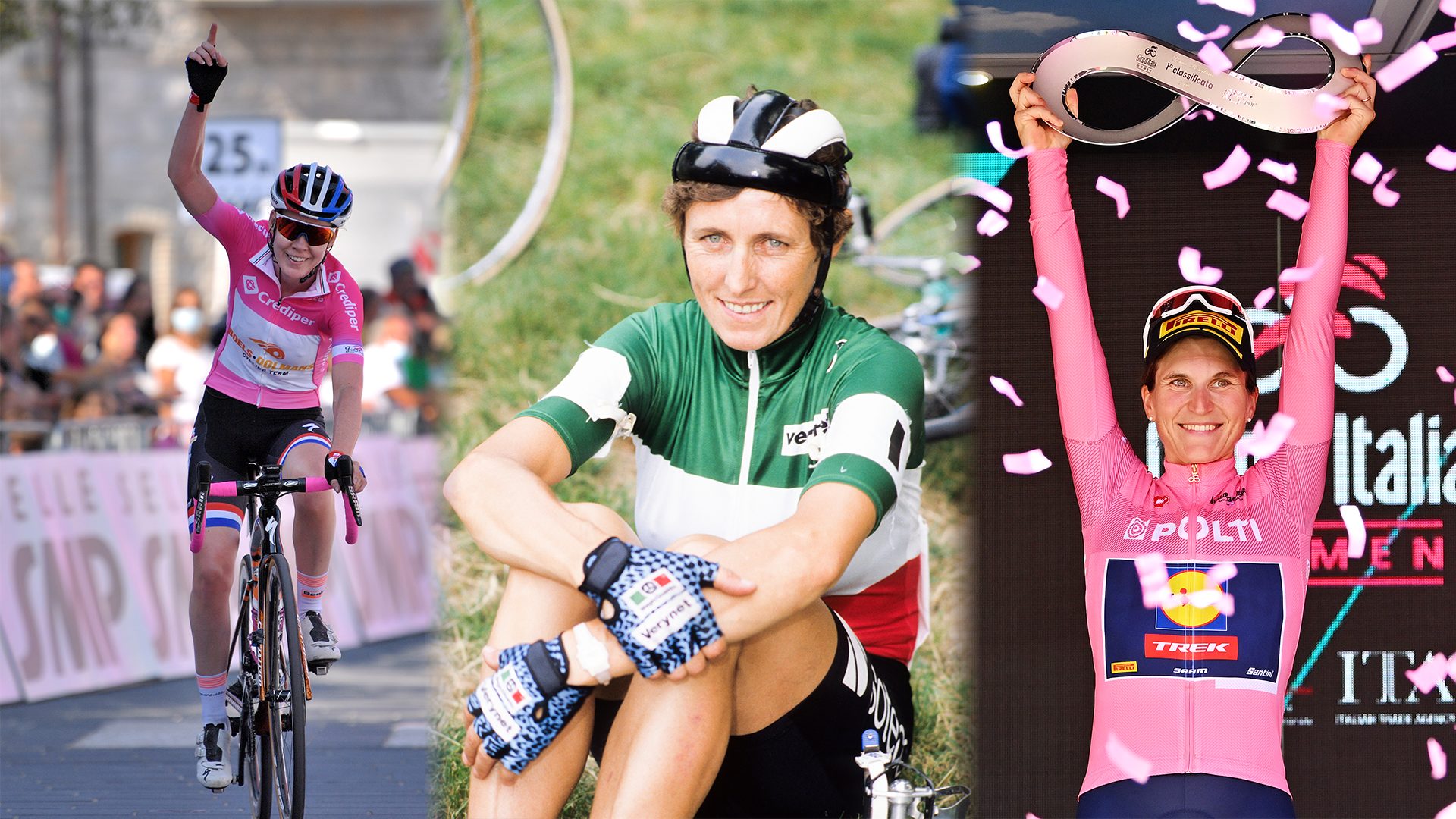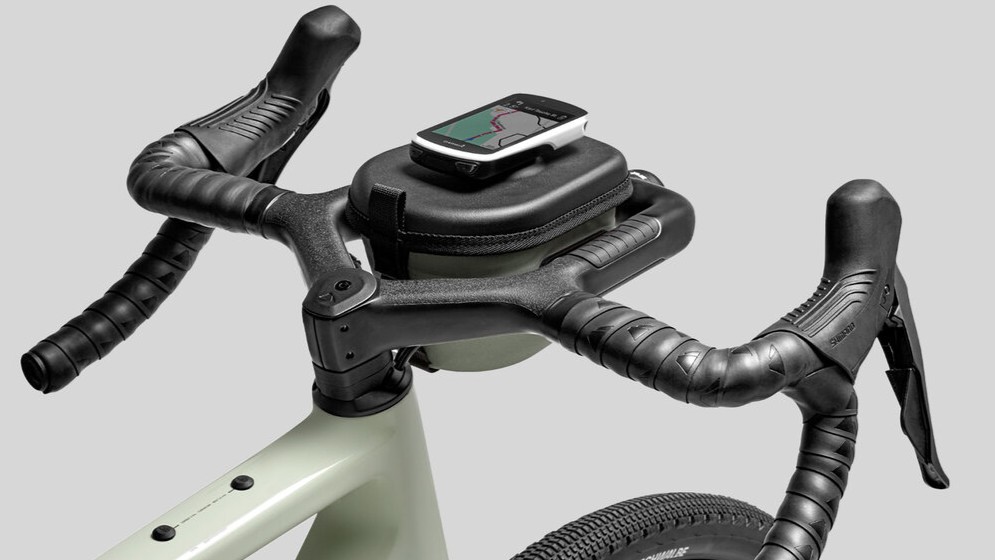2019 Volta a Catalunya – Preview
Valverde and Froome headline star-studded field
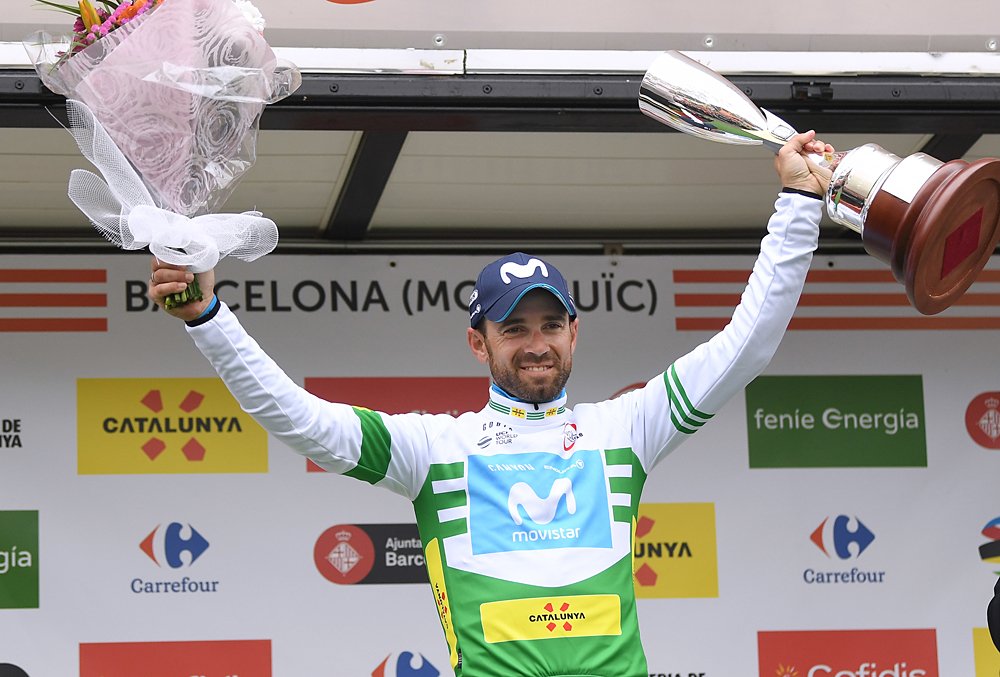
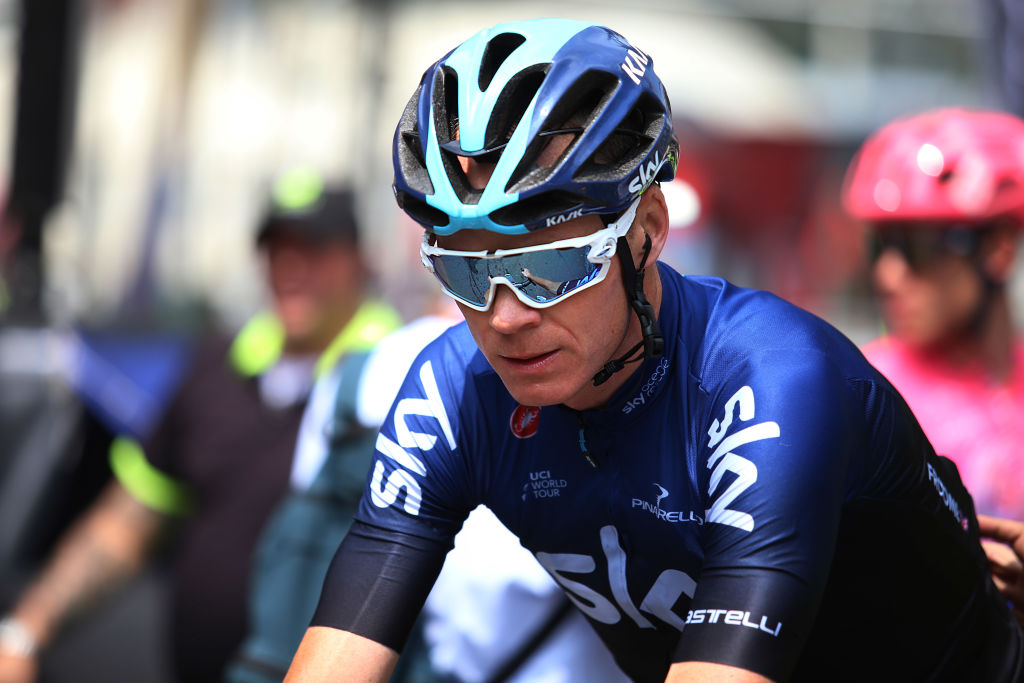
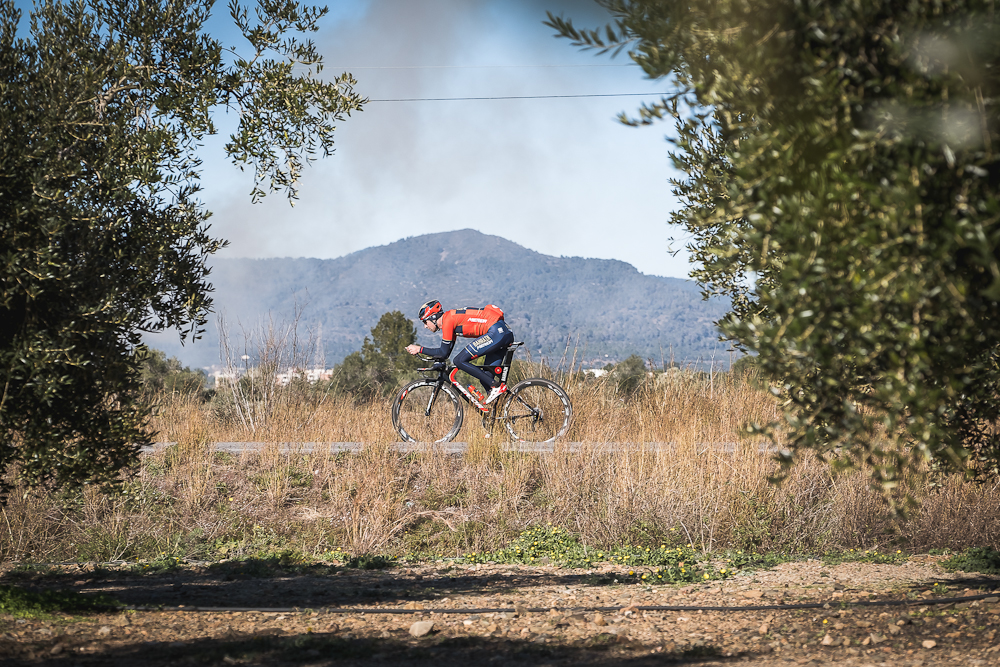
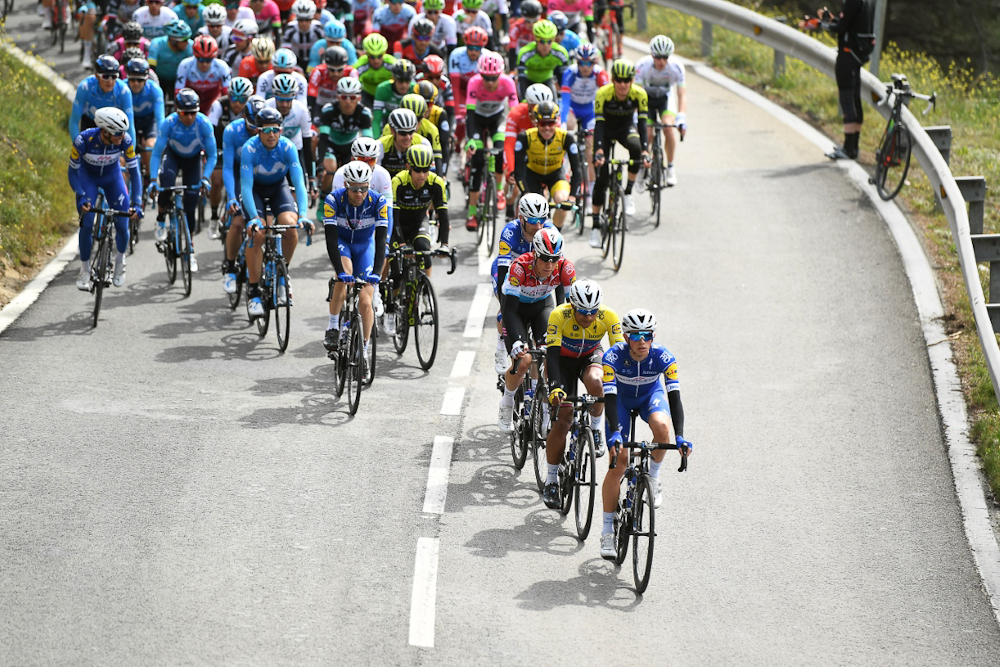
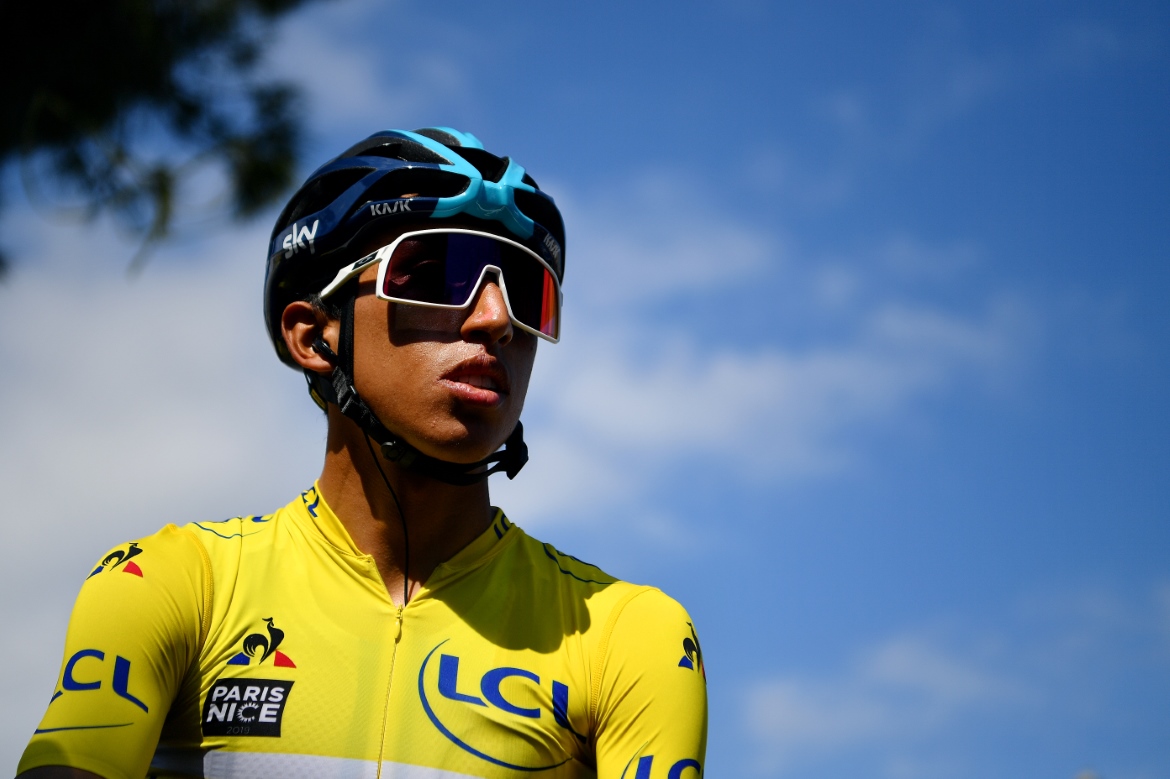
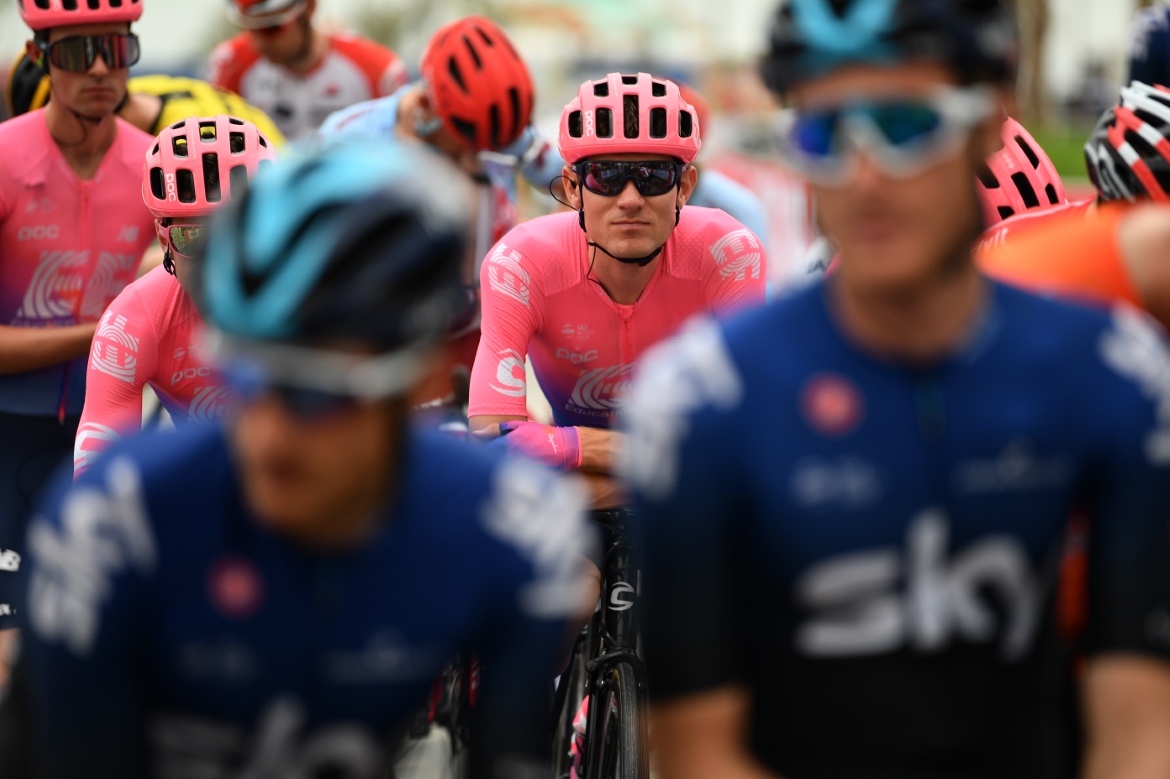
Chris Froome (Team Sky) makes a long-awaited return to racing at WorldTour level at this year's Volta a Catalunya, with the Briton headlining a long list of top names in cycling's fourth-longest-running stage race.
The four-time Tour de France winner skipped last year’s edition of the Volta a Catalunya, preferring to race Tirreno-Adriatico and the Tour of the Alps ahead of the Giro d’Italia. But in 2019, with the Tour de France in his sights, Froome has returned for what will be his seventh participation in the Volta.
Froome’s best GC result at the Volta is sixth overall in 2014, although his battle against eventual overall winner Alejandro Valverde (Movistar) and Alberto Contador on the summit finish at Lo Port in 2017 was arguably the most memorable moment of his previous performances.
This time around, the 33-year-old comes to the Volta after missing out on one previously scheduled race, the UAE Tour, and with only the Colombia Tour in his legs so far this season. But what gives the Volta real added relevance for the Briton is that it will be Froome’s first race at WorldTour level since the Tour de France last July.
With so little racing this season so far, Froome’s current condition has a fairly hefty question mark over it. But, as ever with the Volta, there is a long list of contenders and star names for the Briton (and his rivals) to use as reference points in the week-long stage race, second only to the Vuelta in importance in Spain. Now one year away from its centenary edition, it is one of the most venerable of the entire calendar.
One name stands out: three-time Volta a Catalunya winner Valverde. The Movistar rider already has a WorldTour stage win and a runner-up spot in the UAE Tour to his name in 2019, so his condition is clearly not poor. And the late addition of Nairo Quintana, another former winner in the Volta, to the Movistar line-up, adds further fire-power or a plan B for the Spanish squad. But a glance at Valverde’s glittering track record in the Volta proves, too, that he is a past and present master at winning one of cycling’s top stage races.
Valverde’s domination of the Volta means that he is now second equal, alongside Miguel Indurain, in terms of all-time winners, with victories in 2009, 2017 and 2018, and he also finished second overall in 2015. The Spaniard is a past master, too, at snatching the bonus seconds in the uphill or small group sprints that will likely to prove a decisive factor in this year's Volta, given there is, regrettably and once again, no time trial.
Valverde’s first Volta stage podium finish, too, came no less than 17 years ago, when he took second in Llivia as a first year pro. Since 2002, Valverde has amassed nine stage wins and four of them (two in Alp-La Molina and two in Barcelona's Montjuic Park) came in finishes that are used this year. Valverde has also performed strongly in the past on the summit finish at Valter 2000 (stage 3) and Alp-La Molina (stage 4).
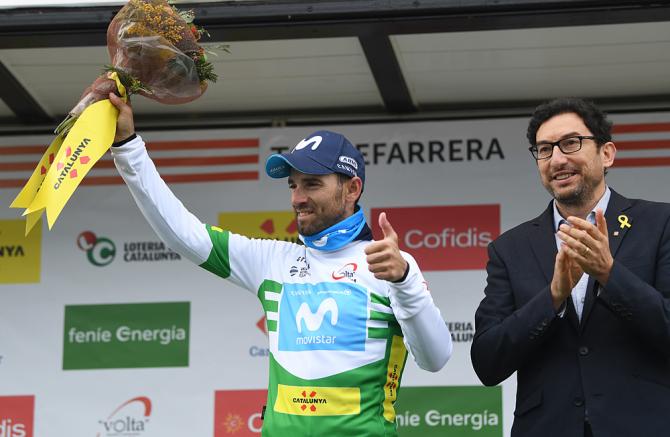
The contenders
Valverde will not be lacking rivals at Catalunya, of course. Those seeking to topple him include Simon and Adam Yates (Mitchelton-Scott), both of whom have fourth overall as their best GC result in the Volta. Quintana’s second place in Paris-Nice and strong final stage attacks in that race indicate that a repeat win in the Volta, following his 2016 victory, could be in his legs. The Colombian also finished second overall in Catalunya last year, behind Valverde.
Much of the media spotlight will be on the fast-emerging Egan Bernal (Team Sky) and while nobody needs reminding that he is fresh off a win in Paris-Nice, it’s perhaps been forgotten that he was the rider who ran Valverde the closest in the Volta last year, before crashing out on the final day.
If Bernal is still a new kid on the stage racing block, one perennial Volta a Catalunya warrior is Dan Martin (UAE Team Emirates). The Irishman is even more experienced in Catalunya than Valverde, given he has started on 10 occasions – more than any other rider in the current peloton – only failing to take part once in his entire career, in 2010. Martin’s top results include a win overall in 2013 and two second places, as well as a stage win in La Molina.
Darker horses in the GC battle include Richie Porte (Trek-Segafredo), a former Volta winner in 2015 and back in the saddle after his difficult UAE Tour, Miguel Angel Lopez (Astana Pro Team), Enric Mas (Deceuninck-QuickStep), and of course, Froome. Others who will be closely watched include Luis León Sánchez and Pello Bilbao (Astana Pro Team), Romain Bardet and Tony Gallopin (AG2R La Mondiale), Thibaut Pinot and David Gaudu (Groupama-FDJ), Steven Kruijswijk (Jumbo-Visma), Ilnur Zakarin (Team Katusha) and Wilco Kelderman (Team Sunweb).
A special mention, too, should go to Tejay van Garderen (EF Education First), clearly in good climbing form in the latter stages of Paris-Nice. The American was the last rider to win at Valter 2000, back in 2014 when he finished third overall, and he also picked up a win at La Molina in 2015. The American is thus the rider to have won at both of the 2019 Volta a Catalunya’s summit finishes: not even Valverde can say that.
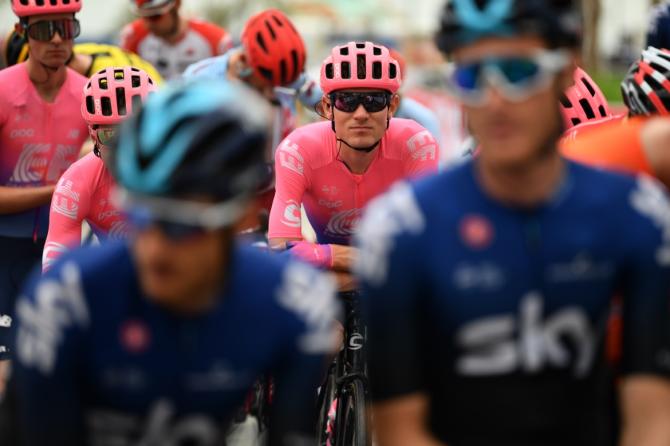
The route
If Catalunya’s field is massively impressive, the route itself is, for the umpteenth year, best described as underwhelming. For while there is a hefty amount of 'invisible' climbing over the week, there is, yet again, a glaring lack of obvious opportunities for a major GC battle. In fact, it is fairly safe to say that whoever is leading the race after stage three’s summit finish at Vallter 2000, barring major surprises, will be the overall winner in Barcelona four days later.
Stage 1, starting and finishing in Calella for the eighth consecutive time, is arguably the most altered of the stages given it is much harder than last year, with only the final run-in and the third category Colsacreu climb in the last 30 kilometres unchanged. Prior to the Colsacreau, the sole classified ascent in the equivalent 2018 stage, in 2019 riders will find themselves tackling no fewer than three first category climbs. However, while such tough early climbing likely to shred the peloton to perhaps 50 riders, the odds of a breakaway going the distance on stage 1’s long, rolling run-in back to the Mediterranean coastline are low.
The two other most decisive days will be two back-to-back Pyrenean stages. Stage 3 to Vallter 2000 is by far the hardest of the entire race, although when the 12.2km ascent was last tackled by the Volta back in 2013 and again 2014, differences between the top favourites were minimal at the summit. In 2013, when Quintana won, there were only nine seconds between the top nine. At the 2014 Volta a Catalunya, following the Vallter 2000 finish, there were still eight riders within 26 seconds on GC.
No matter what the time differences are, from thereon the opportunities for GC battles become steadily more limited. Stage 4 to La Molina, a much easier summit finish than Vallter, tends to cement previous GC standings rather than dramatically change them, and stages 5 and 6 through the rolling terrain of central and western Catalunya seem destined and perhaps designed to end in breakaways.
Then, while sparks will surely fly on the last stage with multiple laps of the Montjuic park, and there is always a risk of crashes on the urban circuit should it rain, the chances of last-minute GC attacks going clear are very low.
So, once again, the most unpredictable factor of all will be the weather. Cancellations or shortening of some of the key stages of the Volta has often taken place in the Pyrenees and on these climbs, too. In 2018, Vallter 2000 was removed from the race because of a blizzard, and stage 5 was then drastically shortened because of snowfalls, as was the case in 2017. Back in 2012, the entire Volta was massively mutated by the removal of two key climbs on stage 3 for the same reason.
A repeat scenario of cancellations in 2019, then, cannot be ruled out, even the weather forecast for the middle of next week is currently for cold but sunny weather in the Pyrenees. Here’s hoping it stays that way.
The latest race content, interviews, features, reviews and expert buying guides, direct to your inbox!
Alasdair Fotheringham has been reporting on cycling since 1991. He has covered every Tour de France since 1992 bar one, as well as numerous other bike races of all shapes and sizes, ranging from the Olympic Games in 2008 to the now sadly defunct Subida a Urkiola hill climb in Spain. As well as working for Cyclingnews, he has also written for The Independent, The Guardian, ProCycling, The Express and Reuters.
Latest on Cyclingnews
-
'The French have no chance of winning' - Bernard Hinault delivers bleak assessment of host nation's short-term hopes for ending 40-year drought of success in Tour de France
Five-times winner Hinault remains France's's most recent Tour champion, in 1985 -
Remco Evenepoel's bike for the Tour de France: New wheels, new chainrings, and that beautiful gold paint
A look at the double Olympic Champion's gold Tarmac SL8, as well as more of the Belgian's notable custom bikes over the years -
Iconic ascents, unpredictability and 'a little bit of craziness' - Tales from the women's Giro d'Italia
From the very first winner in 1988, 'La Mamma Volante', to the latest 'amazing journey' that put Elisa Longo Borghini in the maglia rosa in her 13th participation -
Canyon overhauls the Grizl gravel bike and gives it a crazy new handlebar
Canyon has also released it's own range of carbon fibre wheels alongside the new Grizl gravel models

